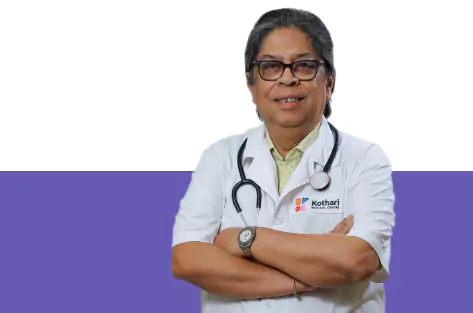
Dr. Subrata Mitra
MBBS (Cal), Di. Rehab, MICPS (Lond.)
Mon, Wed, Fri 12pm – 1pm
Physical Medicine
Home > Departments >
Physical Medicine
Welcome to the Department of Physical Medicine at Kothari Medical Centre. We provide patients of all age groups with thorough and individualized care thanks to our team of committed specialists. Our objective is to restore functionality and enhance quality of life through diagnostic procedures and therapies.
Whether you’re looking for rehabilitation after an injury or managing a chronic disease, you can rely on our knowledgeable doctors and therapists to lead you on the path to optimum health.
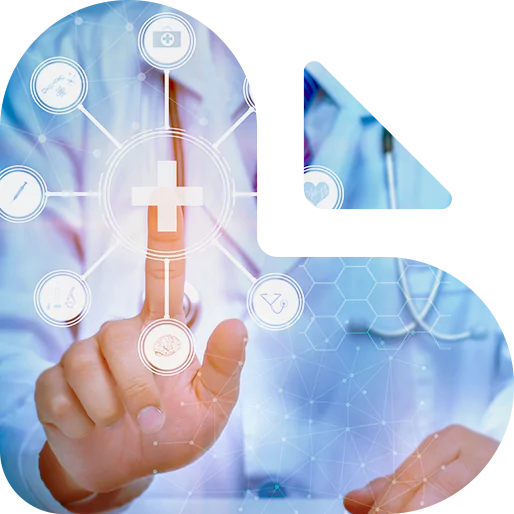
The department's physical therapists offer a range of therapy exercises to enhance flexibility, strength, endurance, balance, and coordination. They aid patients in managing their pain and regaining functional independence.
Occupational therapists help patients get back to doing routine activities such as taking care of themselves, going to work, and engaging in leisure activities. They offer methods and modifications to boost productivity and independence.
Physicians specializing in physical medicine and rehabilitation, identify and manage a wide variety of illnesses that impact the neurological, cardiovascular and musculoskeletal systems.
To determine the physical capabilities and limitations of patients, the department may carry out functional assessments. This data aids in creating individualised treatment regimens and tracking advancement over time.
This includes examinations like nerve conduction studies (NCS) and electromyography (EMG) to identify diseases affecting the muscles and nerves. These exams are frequently used to identify illnesses such carpal tunnel syndrome, neuropathies, and musculoskeletal conditions.
The department may offer cardiac rehabilitation, stroke therapy, spinal cord injury rehabilitation, traumatic brain injury rehabilitation, and pediatric rehabilitation.
Physical medicine and rehabilitation specialists identify and manage a wide variety of illnesses that impact the cardiovascular, neurological, and musculoskeletal systems.
Assistive technology services such as the assessment and prescription of mobility aids, adaptable tools, and tools that encourage independent functioning are also offered.
Physical medicine professionals frequently educate and counsel patients and their families about their diseases, available treatments, and methods for coping with physical disabilities in daily life.

MBBS (Cal), Di. Rehab, MICPS (Lond.)
Mon, Wed, Fri 12pm – 1pm
Physical Medicine
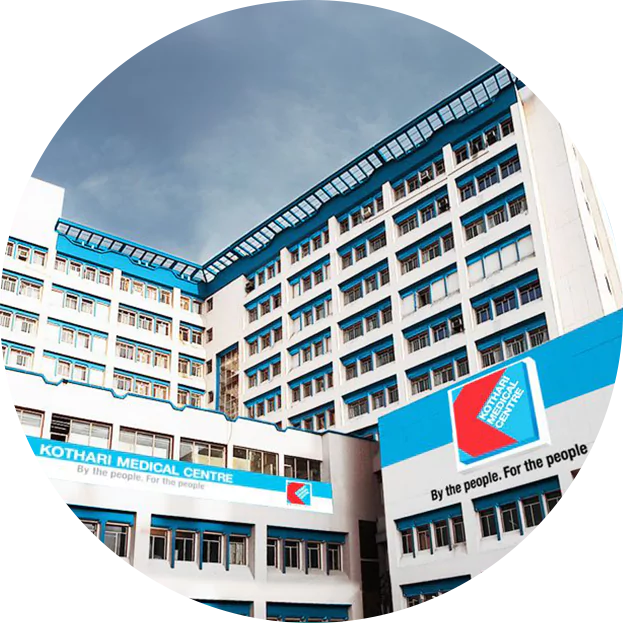
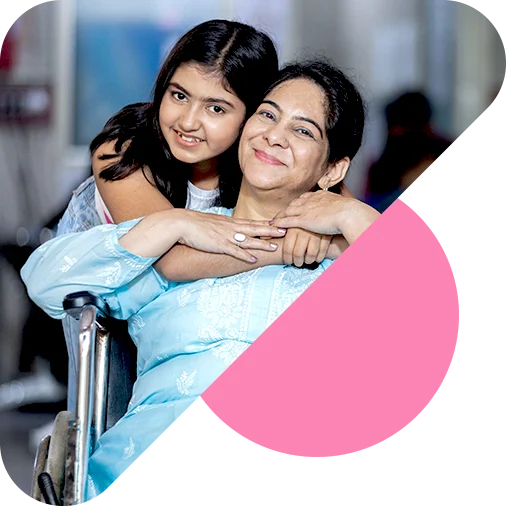
Physical medicine focuses on the identification, management, and treatment of diseases that are connected to physical impairment, disability, and rehabilitation. It seeks to enhance the quality of life and function through non-surgical therapies.
Musculoskeletal injuries, joint pain, sports injuries, spinal cord injuries, stroke rehabilitation, traumatic brain injuries, amputations, chronic pain syndromes, arthritis, and other conditions that impair physical function and mobility are among the conditions that the physical medicine department treats.
Rehabilitation programmes are frequently an essential component of care. Your doctor may suggest and create a special rehabilitation programme based on your condition to help you regain your strength, mobility, and overall functionality.
Treatment may need the involvement of physiatrists (physical medicine doctors), physical therapists, occupational therapists, speech therapists, rehabilitation nurses, pain management specialists, prosthetists/orthotists, and other specialists as needed
Depending on the patient’s health and progress, the length of the treatment varies. Short-term therapies may be needed for some disorders, while longer-term care may be needed for others, such as chronic pain management or stroke rehabilitation.
The patient’s functional capacities, quality of life, pain relief, and promotion of independence in everyday activities are the main objectives, with the ultimate goal of assisting them in achieving the highest level of physical and psychological well-being.
A list of your current medications, any pertinent medical records, imaging results, and insurance information should all be brought. You should dress comfortably because you might have to go through a physical examination or functional evaluation.
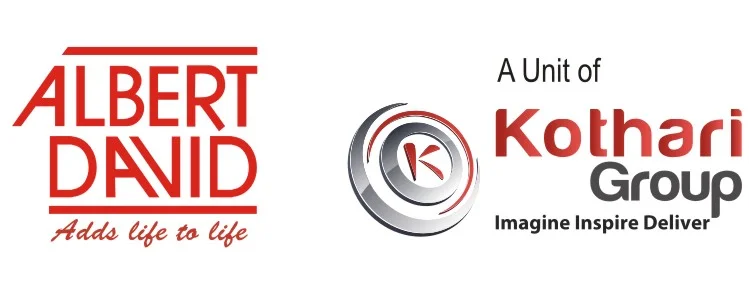
© Kothari Medical Centre 2023